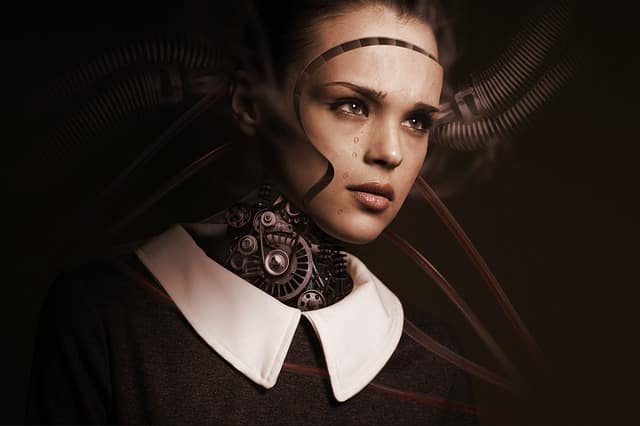Most people have seen an article or two regarding the transformation in medicine due to AI, or artificial intelligence. Vast amounts of data can be efficiently understood by machine learning, and this has changed the field of plastic surgery.
Plastic Surgery and Artificial Intelligence
A database containing detailed facial images is used by AI to assess specific situations. The database then measures the facial ratio of the patient to determine the best possible techniques for the surgeon to use. This process is extremely detailed and encompasses the patient’s facial symmetry, evenness of the skin and skin color to determine the assessment. The patient can see what their appearance will be once the surgery has been performed with a real-time simulation. One of the experts in this field is Dr. Usha Rajagopal.
The Expectations
AI enables cosmetic patients to see the differences in their post-op appearances. This eliminates the unrealistic expectations of many patients as to what can be accomplished with plastic surgery. This makes certain the patient understands the reality of the situation, and exactly what their outcome will be. AI effectively stops potential patients from having a surgery that cannot possibly achieve what they desire.
The Surgeon’s Insights
This, in turn, makes the job of the surgeon easier because the doctor has access to a wide variety of clinical data for all their patients prior to the very first consultation. Since this data has complied over a period of time, the characteristics of every patient are revealed in their medical history. The surgeon additionally achieves insight into the lifestyle and habits of the patient. This defines the treatment possibilities for the surgeon by creating an impression of the patient.
The Vastness of Cosmetic Surgery
When most people think about cosmetic surgery, their first reaction is aesthetics and cosmetics, but cosmetic surgery is a lot more than this. It encompasses reconstructions for patients who have been in an accident, the management of severe burns, congenital defects such as cleft lips and treating skin cancer. AI supports every single one of these procedures. According to plastic and cosmetic surgery experts including Dr. Usha Rajagopal, AI can be effectively used to enhance the procedures final outcome. This is accomplished with the videos and images provided by artificial intelligence. The significance of AI differs according to the specifics of the procedure, but it is incredibly important.
Burn Care
AI can precisely total the surface amount of burned skin. This is what enables the best possible treatment. AI additionally makes an informed prediction as to whether the skin is capable of healing over time or requires a surgical procedure.
Hand Transplants
Two of the most complex parts of the human body are the arms and hands. When an arm is seriously injure4d, the quality of life for the person can drastically change. The two most common choices are a hand transplant and a prosthetic limb. The determination as to which option is better suited to the individual case has numerous factors. This choice is made a lot easier by AI. Different neuroprostheses require specially designed automated controllers, and this process is more effective with the artificial neural networks made possible by AI. The hand is incredibly sensitive, and the movements are precise. Data is collected by surgeons from AI devices for the creation of improved prosthetics.
Skin Cancer
Due to the technology of AI, skin cancer can be diagnosed in the earliest stages. Even a dermatologist is not capable of an earlier diagnosis, and this has a positive impact on the outcome of the skin cancer. The cancer is detected by a photographic scanner for the entire body, developed with the technology of AI. Various types of skin cancer can be diagnosed with this scanner.
Craniofacial Surgery
This surgery encompasses moving the muscles, skin, and bones of the skull. Craniosynostosis is found in newborns, and their skulls must be reshaped using craniofacial surgery. AI can classify the exact shape of the skull in the newborn. This protects the child from excessive CT scans and X-rays in order to make a diagnosis.
The Future of Artificial Intelligence
AI will most likely never be able to completely replace the human eye or make plastic surgery obsolete. AI makes the process of plastic surgery more accurate and effective by identifying the standards of beauty. The decision as to what is actually possible is up to talented surgeons like Dr. Usha Rajagopal. Despite the sophistication of the algorithms, it is still necessary to have the human eye. AI is similar to a surgeon’s assistant because it provides information undetectable by the surgeon. As powerful as AI has become, it still remains a tool for the use of humans.

